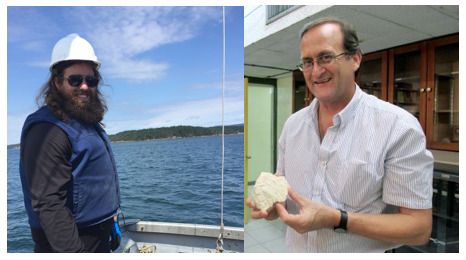

In the late 1990’s, the Asian green mussel (Perna viridis) was introduced into Kingston Harbour. UWI researchers recognized the introduction of this Pacific species and documented how it rapidly became a dominant part of the mollusc community in the mangrove habitats in Kingston Harbour. In the present research co-authored by UWI researcher, Dr. Thomas Stemann (Lecturer, Department of Geography and Geology), conservation palaeobiological techniques were used to record the history of the invasion and to compare the recent dead community with modern bivalve communities in Kingston Harbour mangroves. The fauna recorded from dead shells collected in shallow sediments around the harbour mapped well to the biologic surveys made during the early part of the green mussel invasion. The dead shells, though, have some marked differences from the present live community. Comparing the dead with the live community, one can see that the Asian green mussel is rare today and the economically important mangrove oyster (Crassoostrea rhizophorae) has become significantly less common as well. In their place, the flat tree oyster (Isognomon alatus) has become the dominant living form. Additionally, a new invasive species, the charru mussel (Mytella strigata), has also been recognized among the living fauna in Kingston Harbour mangroves. This research demonstrates the value of using geohistorical data to better understand the growing problem of human-assisted biological invasions.
Reference: Kokesh, B. and T. Stemann, 2022. Dead men still tell tales: bivalve death assemblages record dynamics and consequences of recent biological invasions in Kingston Harbour, Jamaica. In Nawrot, R., Dominici, S., Tomašových, A. and Zuschin, M. (eds) Conservation Palaeobiology of Marine Ecosystems. Geological Society, London, Special Publications, 529, https://doi.org/10.1144/SP529-2022-28 .
Photo caption (L-R): Broc Kokesh, The University of Chicago and Thomas Stemann, Department of Geography and Geology, Faculty of Science and Technology, The University of the West Indies, Mona Campus.
Follow the Faculty of Science and Technology on Instagram @uwimona_fst and on Facebook at @ The Faculty of Science and Technology, The UWI Mona. For enquiries, WhatsApp us at 1-876 552-4691, call us at 1-876-977-1785 or email us at fst@uwimona.edu.jm.
Published on 24 Mar, 2023